Review Launches into Rising Vet Costs amid Ownership Shifts in the UK
The UK's veterinary industry, valued at £2 billion, has come under the spotlight following concerns over the escalating costs of services, which could be causing undue strain on pet owners.
This rise in vet costs is even more significant given that two-thirds of UK households now own a pet, a trend that gained momentum during the Covid pandemic.

A Spike in Vet Fees
Recent findings suggest that vet fees are inflating more rapidly than other goods and services amidst the present cost-of-living crisis.
These escalating costs can lead to pet owners facing substantial bills. In fact, some treatments, such as booster jabs, are now priced around £45, a cost that might catch many pet owners off guard.
Furthermore, the unforeseen expenses can be a significant burden, especially during these times of squeezed household budgets and rising costs in other sectors.

A Shift in Veterinary Practice Ownership
One concern is the significant decrease in independent veterinary practices in the UK. In 2013, independent practices made up 89% of the veterinary industry. By 2021, this number had dwindled to 45%.
Such changes have raised alarms, as larger corporates increasingly dominate the space. This consolidation could limit options and information available to pet owners and reduce competitive incentives for local practices.
However, the British Veterinary Association contends that, despite these structural changes, there is no concrete evidence that corporatisation is leading to price hikes or compromising the quality of care.

The Real Cost of Pet Care
The overall cost of owning a dog has surged by 12.8% over the past year, amounting to an average of £2,500.
Over a pet’s lifetime, households anticipate spending upwards of £39,078, as per data from Battersea Dogs & Cats Home. This rise in costs has many pet owners concerned. The unpredictability of these costs, combined with emergencies, can be daunting.
One pet owner, Lisa from Liverpool, shared her ordeal when her French bulldog, Ace, suffered a spinal injury. The total bill for treatment and post-operative care amounted to a whopping £6,000, even after opting for a teaching hospital with lower rates.

The Need for Transparency
The Competition and Markets Authority (CMA) stresses the need for pet owners to have clear, upfront information, especially when it comes to emergency care.
When in distress over a sick pet, many might not prioritize shopping around for the best deal, and many might be unaware if their chosen vet is part of a larger chain.
Which?, a consumer group, highlighted several issues: pet owners often remain uninformed about the cost of treatments until after their appointment, many are unaware if their vet belongs to a bigger chain, and there are difficulties in seeking cheaper medication.

Looking Ahead
The CMA has embarked on a comprehensive review and is calling for insights from various stakeholders, including pet owners, veterinary surgeons, nurses, and practice managers.
Their objective is to understand how pet owners select their vet surgeries, how treatments are priced, and how prescriptions and medications are managed. They also aim to shed light on the accessibility of out-of-office and emergency vet services. The review’s findings and next steps will be shared in early 2024.
Pet owners across the UK await these findings, hoping for a more transparent and competitive veterinary industry, ensuring the best care for their beloved pets without the unpredicted financial strain.

Essential Tips for Your Dog's Health and Happiness
-
Balanced Diet: Feed your dog a diet suitable for their age, weight, and activity. Consult your vet for specific recommendations.
-
Regular Exercise: Ensure your dog gets consistent physical activity tailored to their breed and age.
-
Mental Stimulation: Use toys, training sessions, and playtime to keep your dog engaged.
-
Annual Check-ups: Regular vet visits are key. Keep up with vaccinations and preventative treatments.
-
Dental Care: Brush your dog's teeth and provide dental chew toys to maintain oral health.
-
Safe Environment: Dog-proof your home and ensure they have a safe space.
-
Observe Behavior: Monitor for sudden changes in behavior or appetite, which might indicate health issues.
-
Training: Obedience training helps manage behavioral issues and strengthens your bond.


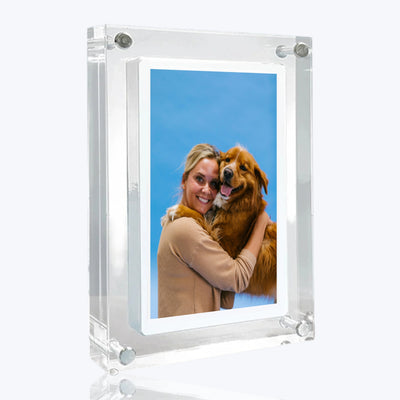






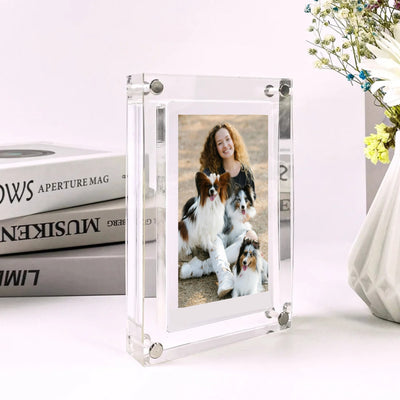


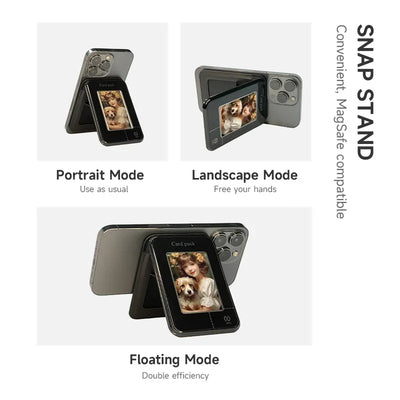
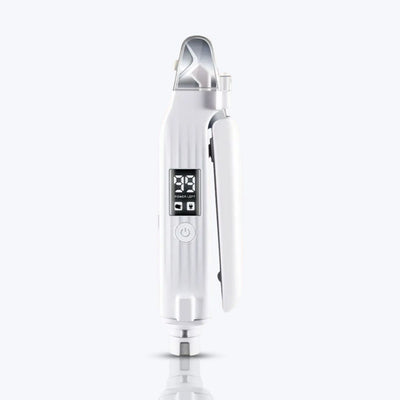
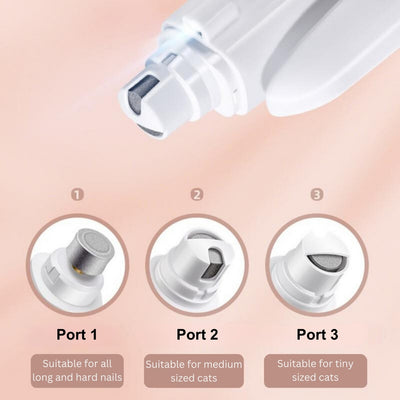



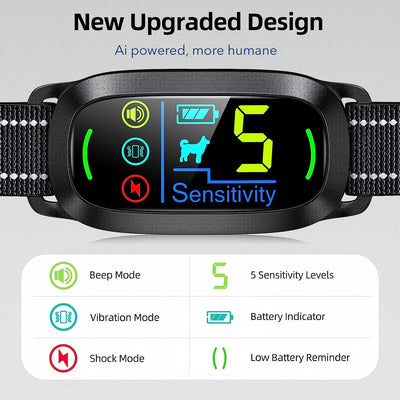

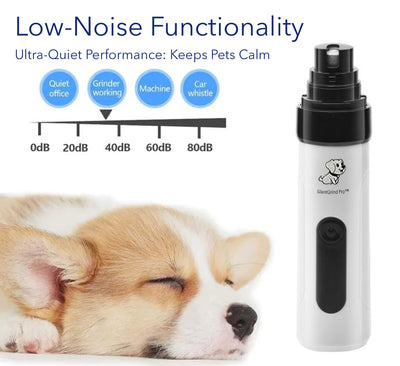


1 comment
Many people don’t realise that most on line pet pharmacies are also owned by corporate companies – all owned by hedge funds. It’s not the individual vets in these practices making large amounts of money but these corporates.